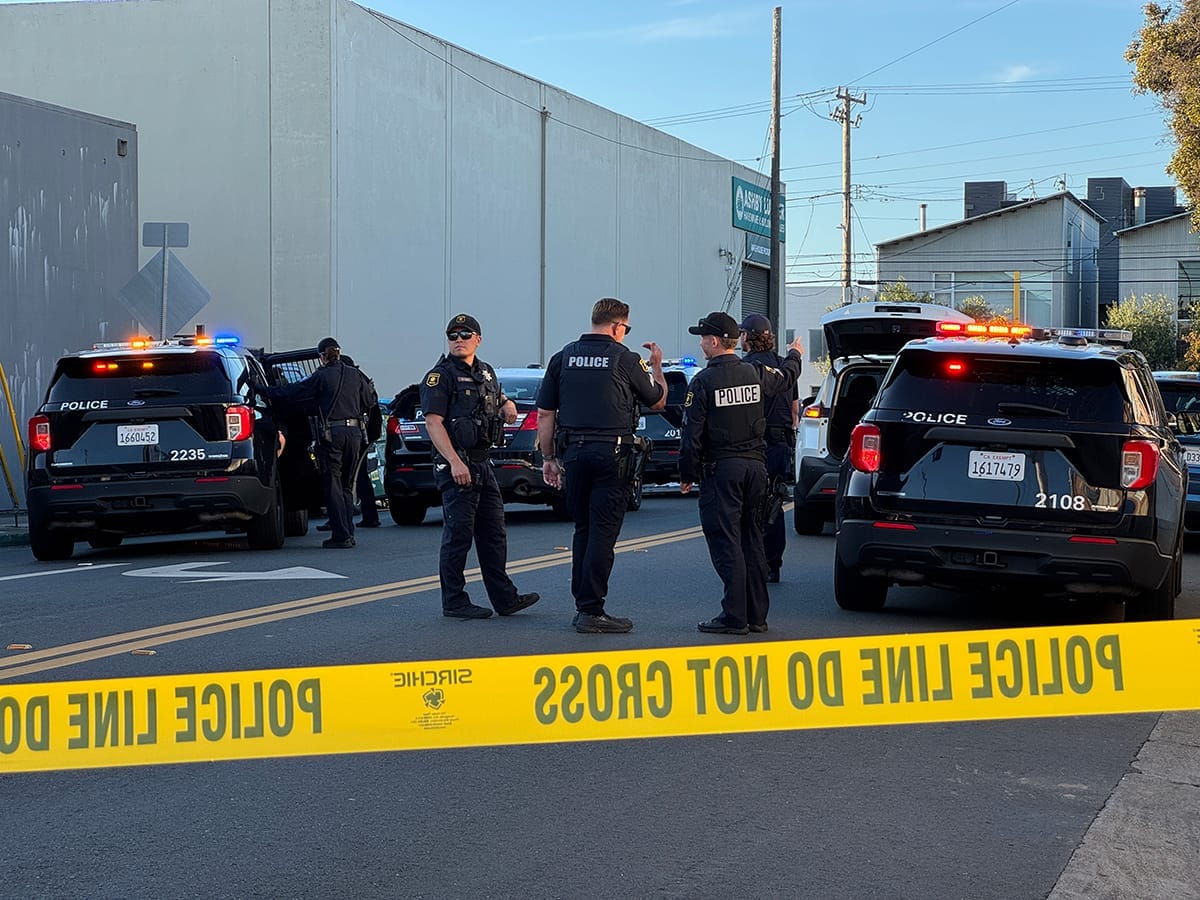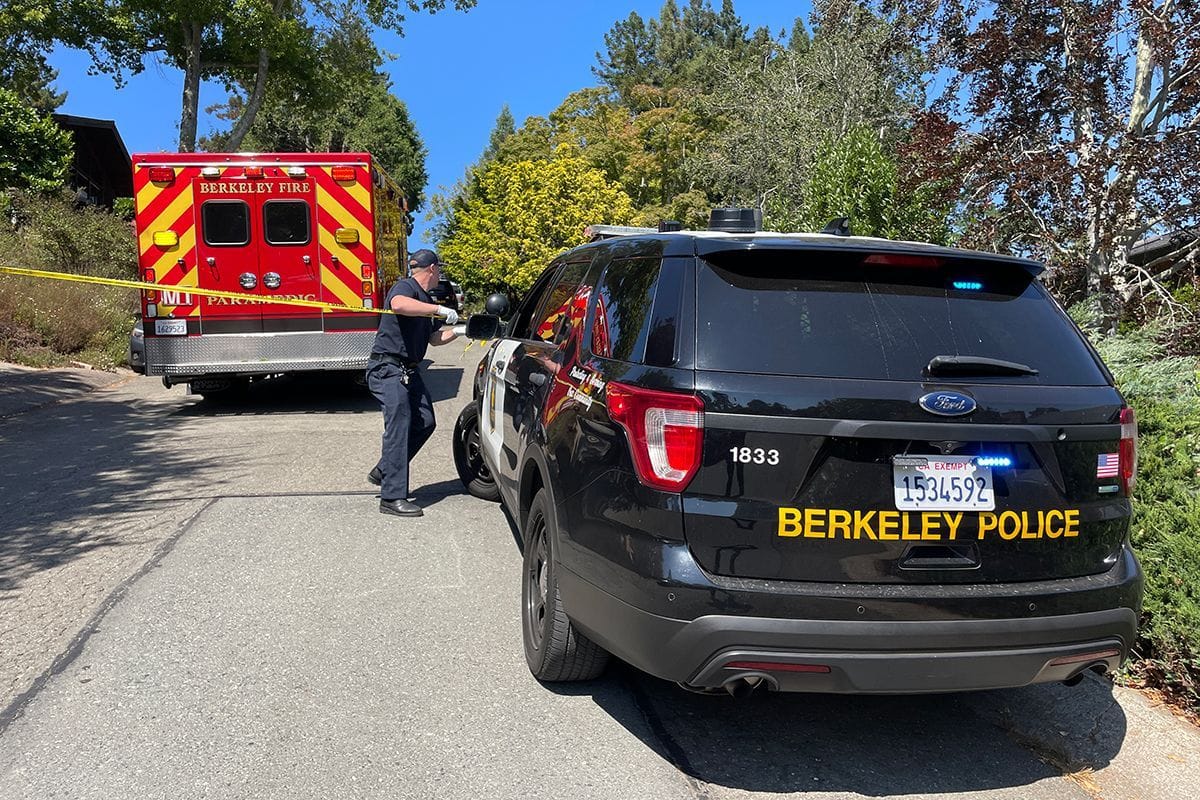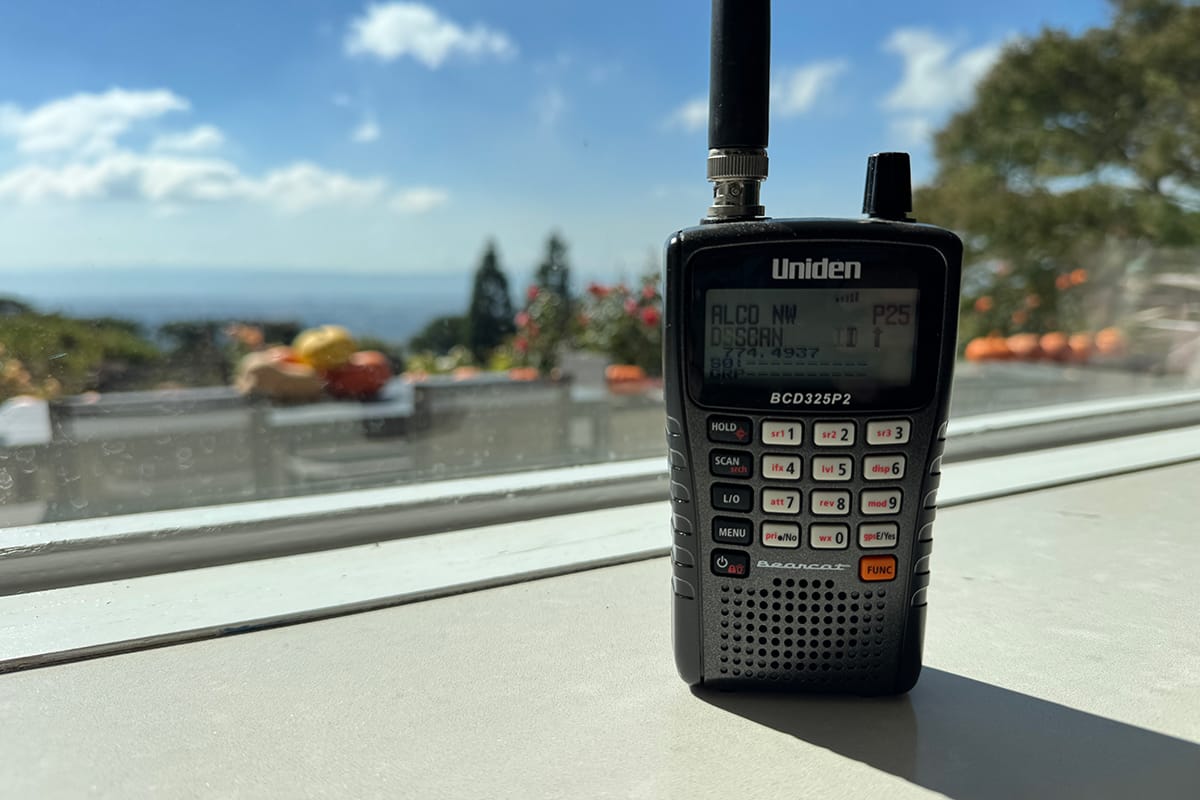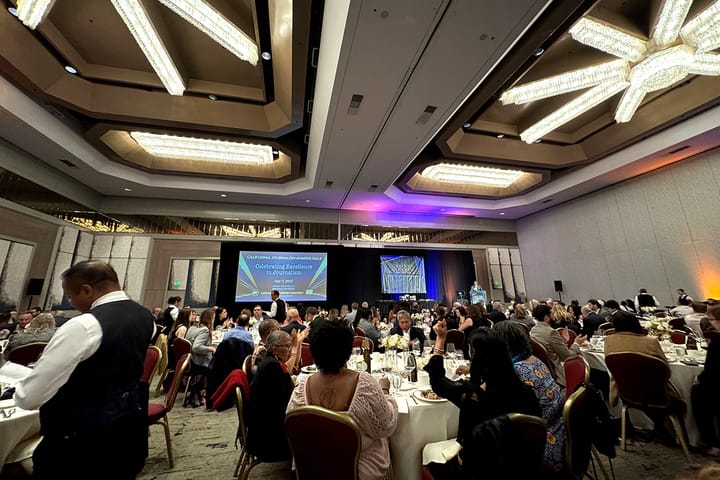Berkeley can still lead the way on police radio traffic: Editorial
Berkeley has a proven track record as a champion for transparency. Will this City Council vote for government secrecy tonight instead?
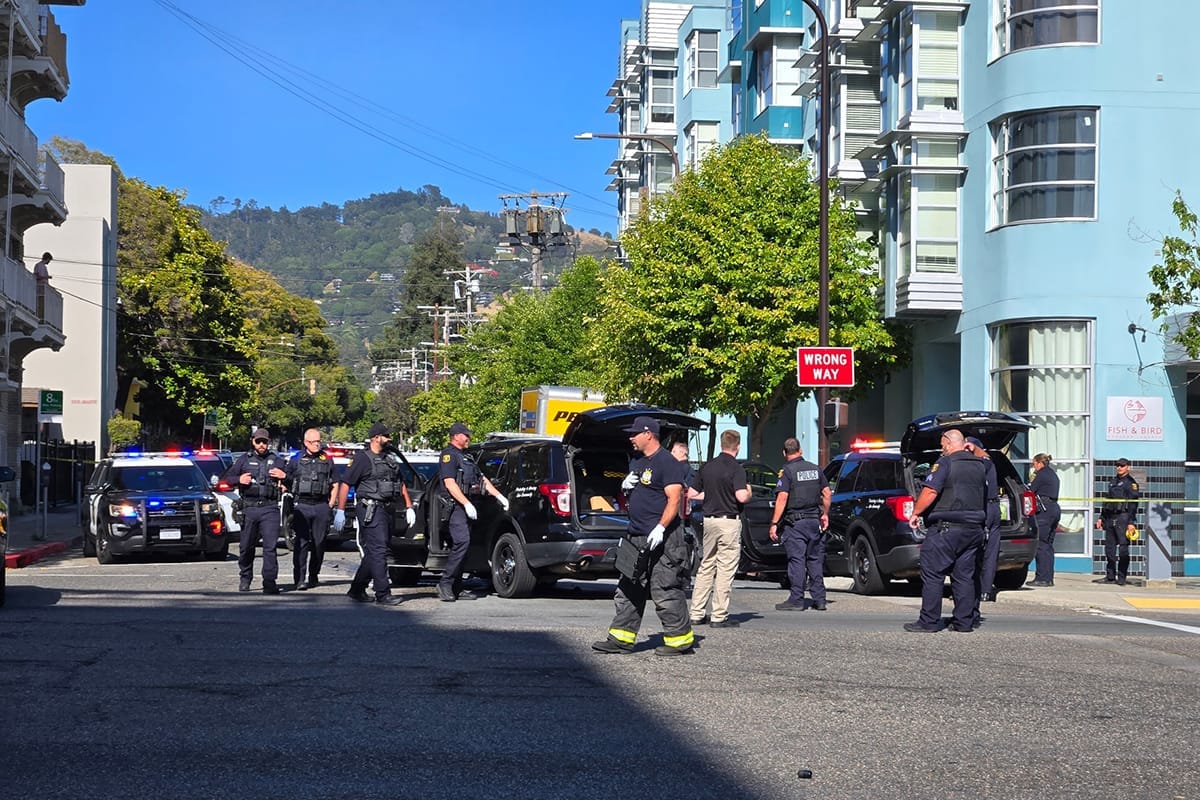
Berkeley officials are expected to vote tonight to relinquish a critical public resource for timely news — but they still have time to change their minds.
In recent weeks, Berkeley police have asked to join the surge of California law enforcement agencies that have encrypted their radio traffic so the public can't hear them.
Many agencies say they must encrypt their radios due to a California attorney general's memo about sensitive data.
But, in fact, state guidance lets agencies take a more moderate approach that leaves most traffic open most of the time.
So why aren't they doing it? Let's be clear: It's much easier for police if no one can hear what they're saying.
But the easiest path forward isn't always the best one.
And California police agencies that want to keep their channels open have found ways to do it — either by tweaking minor radio practices to protect privacy or adding a free, automated delay to stop criminals from using scanner chatter to their advantage.
One of the best examples is the Palo Alto Police Department, which initially encrypted its data but opened it back up in 2022 out of consideration for public access.
Palo Alto has encountered no major problems as a result of this decision, they told us. That is telling.
Berkeley police say their staffing crisis is one reason they must conceal all their traffic moving forward. There aren't always enough dispatchers to run the encrypted channel where they look up suspect info.
But officers can go to an encrypted channel even without a dispatcher, and they are also able to look up suspects themselves — as long as they can get backup to their location.
This week, Berkeley police put forward an olive branch in the form of a new online log that will show basic information, such as time, location and call type, with a brief delay (as yet undefined). That will help.
But it's still a poor substitute for what is being lost.
Police chatter often provides key details that make it clear how serious an incident is and helps reporters know what follow-up questions to ask.
When the Berkeley police radio transmissions go dark — and we expect they will — our entire community will lose access to a critical resource that helps us know what stories to cover and what actually happened.
In fact, the lost radio transmissions will put a much bigger burden on Berkeley police, often when they have the fewest resources to spare.
Currently, we get dozens of tips each month from people asking about police activity in their neighborhoods.
Many of those incidents don't turn out to be newsworthy. Right now, we can check the tape and report back to readers quickly, often without taking any police time at all.
Now, all those community inquiries will have to go to a supervisor at BPD just to help us begin to determine if something is newsworthy. Or we just won't have the answers and stories will go uncovered.
We may also have to file more Public Records Act requests to seek dispatch audio, which will then have to be reviewed and redacted — assuming police even agree to release the tapes. Often they don't.
When something major breaks in the community, such as a homicide, a shooting or a police chase, we aim to write about it as quickly as we can, often within an hour or two. And we can usually do that — in large part, because of radio traffic.
That's because police supervisors are often (rightly) tied up running the scene as incidents develop. They may not have time to get back to the media for many hours, if not longer.
Sometimes no one calls back or they decline to say anything at all. In those instances, radio transmissions may provide the only timely window into what has happened.
We understand the workload pressures on Berkeley police and often take every measure we can to confirm details without being a major drain on their resources.
This relationship works, in part, because we do everything we can on our own, using public resources like emergency radio dispatches and other public records.
This new system will make the entire process much slower and more onerous. It will also be more demanding on authorities who already have their hands full.
That's problematic, particularly given the importance of reporting breaking news.
We know from our reader surveys and site traffic that the demand for timely breaking news coverage outweighs community interest in all other types of reporting.
Rightly or wrongly, people have come to expect answers in near-real-time due to apps like Citizen.
The shift to encrypted Berkeley police traffic will likely slow down information by hours, not minutes.
But here's the thing: Berkeley has a proven track record as a champion for transparency and the First Amendment.
Time and again, the Berkeley City Council has voted in line with those values.
With this Berkeley City Council be the one that votes for government secrecy instead? It doesn't have to be — particularly when viable alternatives exist.
As more and more California police agencies hide behind nebulous state requirements to cut out the public, the agencies that keep their radio traffic open are doing a heroic service for their communities.
For now, at least for a few more hours, Berkeley is one of them.
For now, Berkeley can continue to be a beacon for communities that truly believe in a more moderate path, and truly believe in community partnership.
Now is not the time for Berkeley to renounce its leadership role and let its police agency wall itself off from the broader community — just because they can justify the move.
The Berkeley Police Department has built a strong reputation for principled policing.
That's due in large part to the quality of the department and the people who work there — as well as decades of diligent community oversight.
Taking police radio transmissions out of the public realm will weaken the strong link that exists between the department and the community at a time we need it most.
It will make it harder for residents to know what police are doing and harder for reporters across the region to cover Berkeley public safety.
In 2021, a Berkeley City Council majority voted to uphold the First Amendment and the "spirit of transparency", requiring unencrypted radio traffic in most cases.
What truly has changed since then? For many people, concerns about our constitutional rights and government secrecy have only increased.
Once we lose these radio transmissions — which have been in the public realm for 100 years — we may never get them back.
Berkeley police have said they believe in open and transparent processes. This is a chance to prove it.
We call on Berkeley to join Palo Alto and Burbank, and other cities that have found ways to keep their radio transmissions open to the public.
Berkeley still has a chance to lead the way.
The Oct. 28 meeting begins at 6 p.m. Details to attend or call in are posted on the city of Berkeley website. (There is no set time for the encryption item.)
Berkeley police radio encryption: Related coverage
